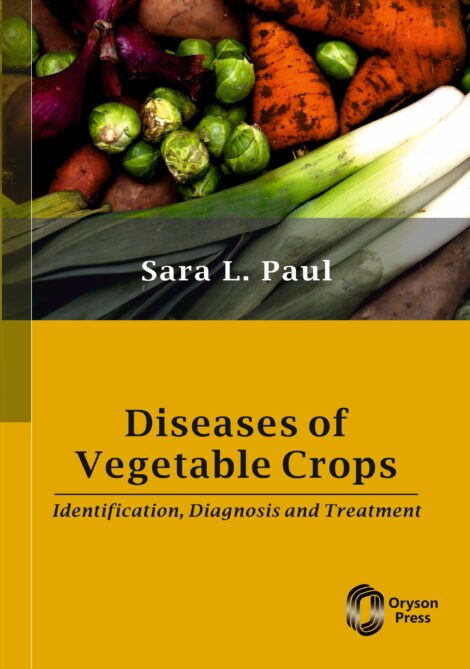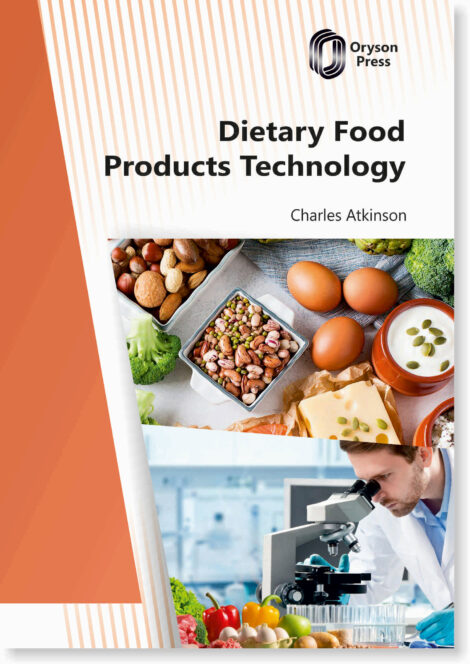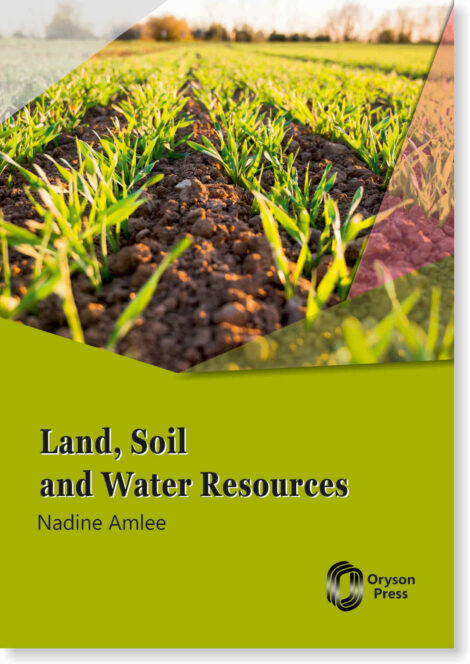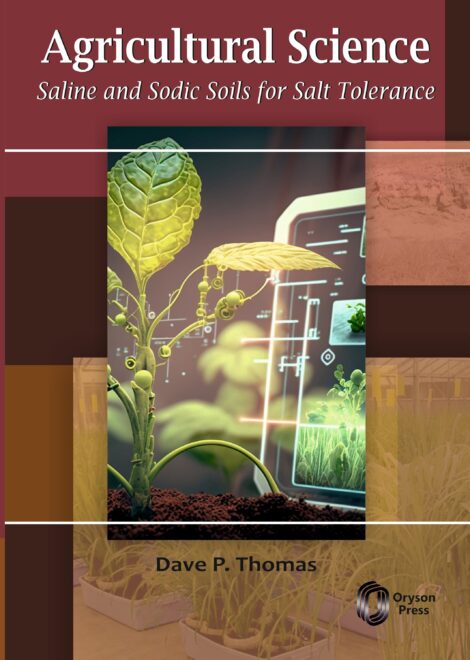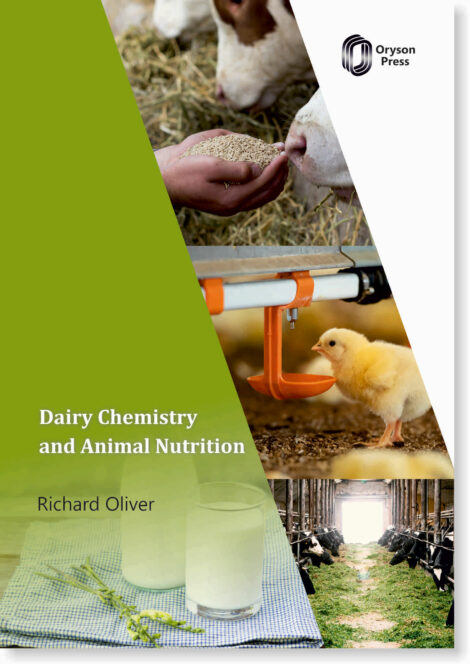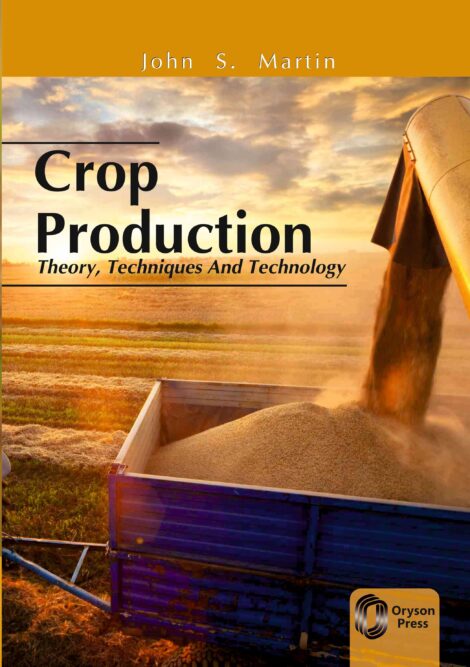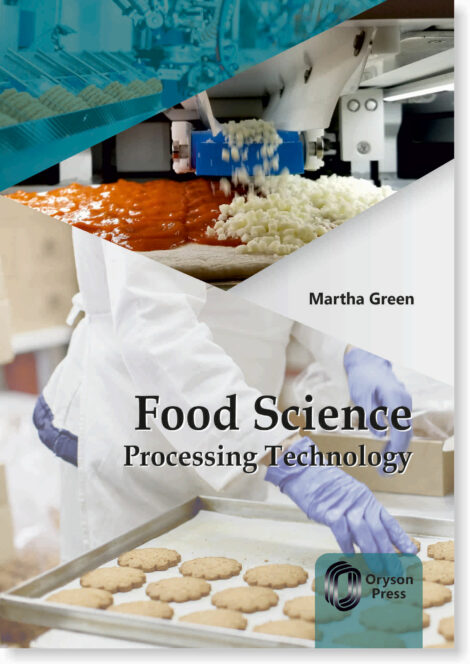Handbook Of Dairy Products
Editor Sophia Fernandes
$139.99
ISBN: 9798887150147
eISBN: 9798887151397
Pages: 352
Binding: Hardcover
Language: English
Description
Nutrition can have remarkable influences on fertility. Inadequate energy intake and/or inadequate body fatness early postpartum can retard resumption of ovulatory cycles, which extends the interval from calving to first estrus, reduces conception rates at first postpartum AI and increases late embryonic losses after first postpartum AI. In addition to energy status, there are some well- characterized effects of nutrition on fertility. Nutritional deciencies, such as antioxidant nutrients (vitamin E and Se), influence immunity status of the uterus and the ability of white blood cells to kill bacteria that invades the postpartum uterus. “This makes the cow more likely to develop retained fetal membranes and metritis, both of which reduce fertility,” explains Santos. High-producing lactating dairy cows do not require diets with 19-20 percent crude protein to achieve productions above 26,000 pounds, says Santos. “What these cows really need is a diet that is balanced for the energy and protein components and provides adequate amounts of metabolizable protein with an adequate amino acid profile.” However, producers and nutritionists often conclude that cows need very high crude protein diets. “In fact, well-balanced diets that contain 17 to 18 percent crude protein are enough to provide all the amino acid needs of high-producing cows even in early lactation,” explains Santos. The contents of the book will help scientists and academics to examine, modify and improve this subject.
Additional information
| Author | Sophia Fernandes |
|---|---|
| ISBN | 9798887150147 |
| Year of Publication | 2023 |



